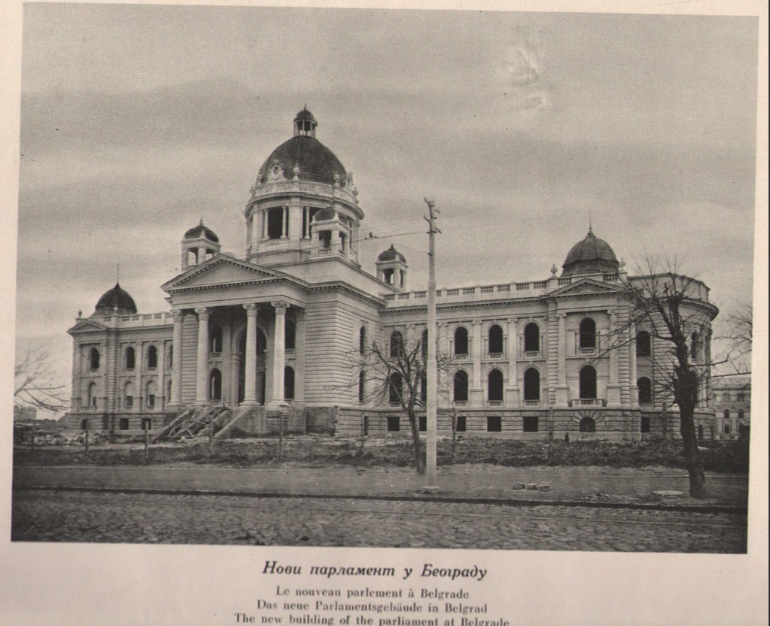Today marks 100 years since the parliamentary elections in the country that was then still called the Kingdom of Serbs, Croats, and Slovenes—an event that arguably played a decisive role in the country’s democratic instability and ultimate collapse just a few years later.
The ruling and largest Serbian party decided to cross significant political and ethical lines. It ran its campaign on a narrative of national threat, claiming that Croatia’s political leadership was aligned with the Communist International. In an unprecedented move, the government banned the Croatian Peasant Party—the largest political force representing ethnic Croatians—from campaigning. Its leader was arrested on dubious charges, yet the party was not formally barred from contesting the elections. The government believed that these restrictions would neutralize the party’s electoral prospects, ensuring its political irrelevance. However, the outcome defied expectations. Croatian voters, instead of retreating in the face of repression, further consolidated their support, turned out in large numbers, and reaffirmed the Croatian Peasant Party as the sole legitimate representative of Croatian interests.
The elections intensified both institutional and physical political violence, escalating the cleavage beyond the point of return. Tensions continued to rise in the years that followed, culminating in a dramatic parliamentary shooting. This crisis ultimately led King Alexander’s intervention—dissolving the parliament, suspending the constitution, banning political parties, and imposing a royal dictatorship.
A century later, the 1925 elections remain a stark reminder of how electoral manipulation, political repression, and ethnic polarization can accelerate the collapse of democracy.
